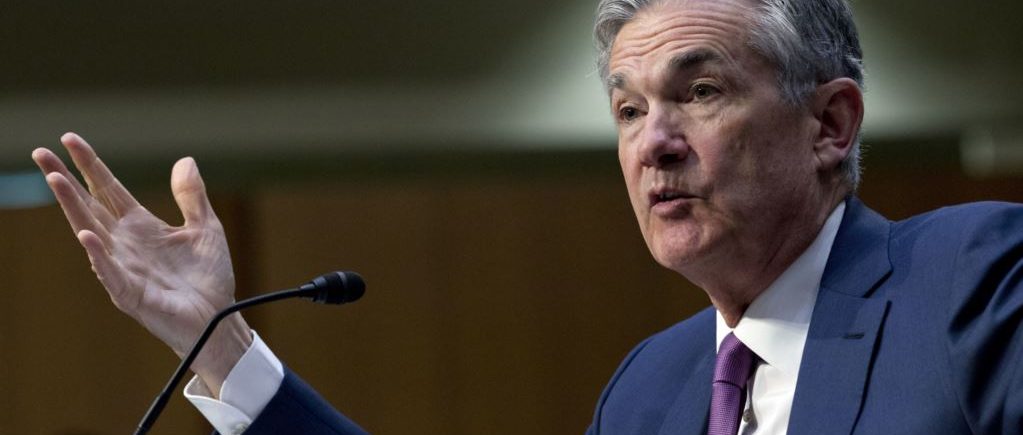Fed Chair Jerome Powell spoke, Monday, before the “Gender and the Economy Conference”, a symposium hosted by the Division of Consumer and Community Affairs, Board of Governors of the Federal Reserve System, Washington, D.C. (via webcast). Following is the full text of Powell’s speech:
Good morning. I am pleased to welcome everyone to today’s conference on gender and the economy. Thank you for being here, for participating, and for lending your expertise on this important topic.
We have gathered an impressive lineup of speakers and panelists, who will address a range of timely and important issues.
To open the conference, I will give a brief tour of the important research on display here, then discuss how the pandemic has affected the economy along gender lines.
Research
The speakers and panelists will be exploring a wide range of topics, from a historical review of gender issues and the economy to how someone’s education options—and the financing of those choices—affect that person’s early career and financial stability. Speakers and panelists will also be looking at the influence of family and caregiving on career advancement and will discuss timely topics of wealth and retirement.
The Pandemic and Gender
The pandemic widened deep-rooted inequities in our economy. Along racial, gender, and socioeconomic lines, those least able to bear it, unfortunately, were those who were most affected. Women make up the majority of frontline workers, who have been under substantial strain—and subject to personal risks—during the pandemic. Additionally, women took on the majority of caring responsibilities, for older relatives and children alike. As schools closed and childcare services shuttered during the worst of the pandemic, that added responsibility and stress made working more difficult for some and took many away from their jobs. These burdens are real and have been an additional challenge during an already challenging time.
In a reversal of previous recessions, women suffered more from job losses in the COVID-19 recession than men. In April 2020, the unemployment rate for women was 16.1 percent, compared with 13.6 percent for men. The gap persisted until September of that year, and while it has since reversed, it does not account for the many women who left the workforce entirely.1
Increased childcare responsibilities during the pandemic also affected many parents’ working lives. Mothers of small children were more likely to exit the labor force during the pandemic compared with previous periods. These increases were larger among mothers who earned less before the pandemic.2
This issue was widespread and had significant financial consequences on many households. The Federal Reserve’s 2020 Survey of Household Economics and Decisionmaking shows that the pandemic disrupted childcare or in-person schooling for nearly 70 percent of parents, with 25 percent of mothers reporting they did not work or worked less as a result. Many faced substantial financial difficulty. Only 37 percent of mothers who reported not working or working less because of childcare or schooling disruptions would cover a $400 expense with cash or its equivalent.
As households and the economy continue to recover, the lessons learned during this era will help inform how policymakers and communities work to bridge those gaps. Long-standing disparities weigh on the productive capacity of our economy, which can only realize its full potential if everyone has a solid chance to contribute to, and to reap the benefits of, broad-reaching prosperity.
Conclusion
In closing, I want to thank you all for taking the time to join this discussion. These are vital issues not just to the economy, but to families across the country. There is more to be done, but this conference highlights the number of world-class researchers, practitioners, and policymakers who are dedicated to understanding and addressing these deeply entrenched issues.
As a group, we have an opportunity to reaffirm the importance of gender parity and diversity in our professions, in our research, and in our policymaking. Thank you.

 Noor Trends News, Technical Analysis, Educational Tools and Recommendations
Noor Trends News, Technical Analysis, Educational Tools and Recommendations




